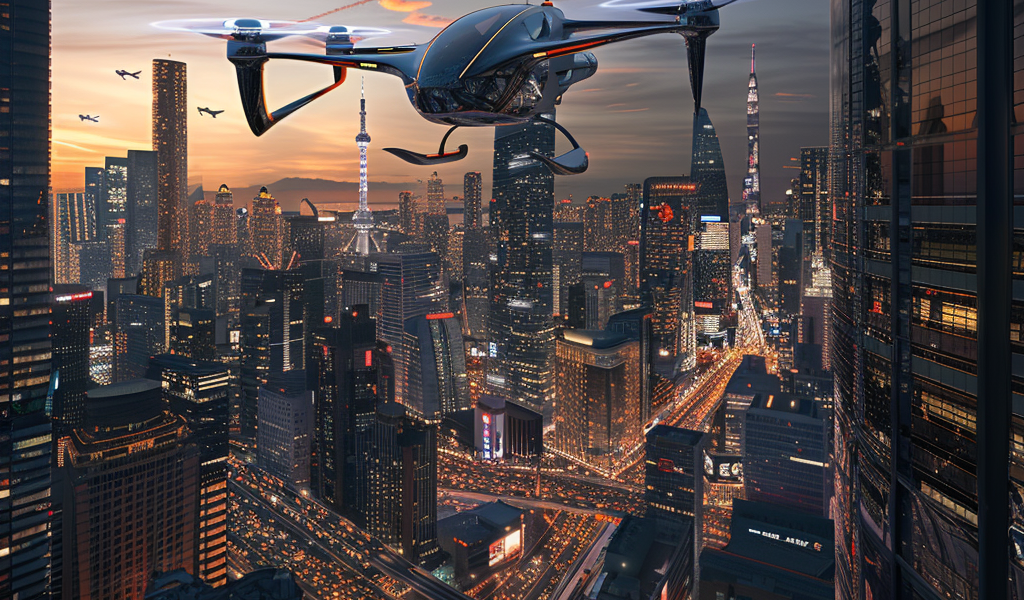Toyota Motor Corporation, a leader in the automotive sector, is making headlines with its latest investment in the urban air mobility sector. The company has announced a significant investment of $500 million in Joby Aviation, a pioneering start-up focused on developing flying taxis. This strategic move highlights Toyota’s commitment to exploring innovative transportation solutions that could redefine urban mobility.
Joby Aviation, based in California, is at the forefront of the electric vertical takeoff and landing (eVTOL) aircraft technology. The company aims to revolutionize urban transportation by providing aerial ride-sharing services that are not only efficient but also environmentally friendly. With the rising demand for quicker, more flexible transportation options in congested urban areas, Joby’s vision aligns perfectly with the future of mobility.
This investment is part of a broader trend in the automotive industry, where traditional car manufacturers are increasingly looking beyond conventional vehicles. Companies are recognizing the potential of aerial mobility solutions to alleviate traffic congestion and reduce carbon emissions in urban settings. By partnering with Joby, Toyota is positioning itself as a key player in this emerging market.
The partnership between Toyota and Joby is expected to accelerate the development of Joby’s eVTOL aircraft, which has already garnered attention for its innovative design and capabilities. The aircraft is designed to be quiet, efficient, and capable of carrying passengers and cargo over short distances, making it an ideal solution for urban environments.
Toyota’s investment will not only provide Joby with the necessary capital to scale its operations but also leverage Toyota’s expertise in manufacturing and supply chain management. This collaboration could enhance Joby’s production capabilities and help bring its flying taxi services to market more quickly.
The implications of this investment extend beyond just the two companies involved. As urban populations continue to grow, the need for effective transportation solutions becomes increasingly critical. Flying taxis could offer a viable alternative to traditional ground transportation, potentially reducing travel times and easing the burden on urban infrastructure.
Joby’s ambitious plans include launching its flying taxi service in the coming years, with the goal of providing on-demand aerial ridesharing. The company has already conducted successful test flights and is working towards obtaining the necessary regulatory approvals to operate commercially.
In addition to its investment in Joby, Toyota has been actively exploring other aspects of mobility innovation. The company has invested in various technologies, including autonomous vehicles and hydrogen fuel cell technology, demonstrating its commitment to a sustainable and diversified approach to transportation.
The collaboration between Toyota and Joby could set a precedent for future partnerships in the aviation and automotive sectors. As more companies recognize the potential of aerial mobility, we may see a wave of investments and innovations aimed at transforming how we navigate our cities.
As this partnership unfolds, it will be interesting to observe how the integration of flying taxis into urban environments will be received by the public. Factors such as safety, regulatory challenges, and public acceptance will play crucial roles in determining the success of this new mode of transportation.
In summary, Toyota’s investment in Joby Aviation marks a significant step towards the realization of flying taxis as a practical mode of urban transportation. With the combined expertise of both companies, the future of mobility could be on the brink of a transformative shift, paving the way for a new era of transportation solutions.





